A team’s way of working
Why can some teams come together, tackle challenging issues, and produce excellent results, while others can’t? Why is it that when smart leaders try to function as a team, the team so often gets stuck? Why does the team as a whole seem less smart than the sum of the talents of its individual members?
Through dialogue this 3 hour workshop will identify a common purpose, shared values, beliefs and wanted behaviours needed for an attractive and competitive team culture.
The outcome from this exercise together with a shared vision and mission will form a strong foundation for the team culture.
Five behaviours of cohesive teams
Using the work of Patrick Leoncini and a team assessment tool, this workshop will outline the 5 behaviours a team must master to be truly cohesive and get the results they need. The purpose of the assessment is to provide the team with a perspective of the it’s unique strengths and improvement areas. While the assessment will provide perspective, the value is in the discussion it elicits and the action plan necessary to minimise the risks of the 5 Dysfunctions manifesting in the team.
Hogan
Hogan Assessments deliver a detailed, science-based view of an individual and a team’s collective leadership skill. They spotlight the potential, motives and culture that may support or hinder a company’s future success.
High Performing Teams Assessment (HPTA) Workshop
The HPTA identifies 12 key characteristics of high performing teams. It is a 360 diagnostic an existing team performs on itself at a moment in time that enables members to provide feedback around effectiveness of their own team against dimensions of performance and culture.
The workshop provides teams the opportunity to gain awareness of how the team is functioning, benchmark themselves against other leadership trams and co-create an action plan to drive high performance.
The Hogan Team Workshop
The Hogan Team report aggregates team members individual Hogan Assessment scores to shed light on team dynamics. It is designed to help newer teams to gain a holistic, personality-based understanding of the values and biases that shape their behaviour, the informal roles that specific team mates fulfil and the behaviours that can derail the group’s performance when the pressure is on.
As they understand their own team profile, strengths and watch outs, the workshop starts work on the Action Plan projects agrees to address these shortfalls.
Skills Modules

Dealing with Change
When dealing with change we are bound to run into barriers of resistance. People issues at all levels are paramount to successful change, and these must be addressed continually at all stages of change. In order to effectively manage the implementation process of change as a manager, it is important to be aware of reasons why people might resist changes and find ways of encouraging their cooperation.
This workshop provides the knowledge and skills required to plan changes in your organisation, to better understand and manage human aspects of change, and to build consensus for the steps required.

Building Resilience
Enhancing mental toughness, highlighting and honing strengths, and fostering strong relationships are core competencies for any successful leader. One should recognise the importance of building resiliency skills so people can flourish rather than flounder when faced with setbacks and failure. Leaders can change the culture of their organisations to focus on the positive instead of the negative.
- Developing our emotional regulation and awareness
- Understanding and working on our internal locus of control
- Developing our self-efficacy
- Learning to tolerate ambiguity
- Developing realistic optimism


Leading with Impact
Leader Training
Each Module builds on the previous one and is designed to create a culture of impact throughout an organisation:
- Module 1 – Critical Foundation behaviours to make a positive impact (Junior)
- Module 2 – Client Impact Skills that focus on how to make a positive impact, diagnose client problems and deliver impactful solutions (Mid level)
- Module 3 – Greater Good Leadership which identifies the leadership skills that will lead teams & clients to deliver real meaningful change & positive impact (Senior)
For those relatively new to the role of leading others this program is designed to take participants through models of theory about leading people & lots of practical experience & role plays:
- Module 1 “Knowing” – What is the role of a Manager, the mindset you bring & feedback in all it’s forms
- Module 2 “Being” – The way to “be”, self awareness, & the coaching process
- Module 3 “Doing” – Time management, Delegation & types of conversations
